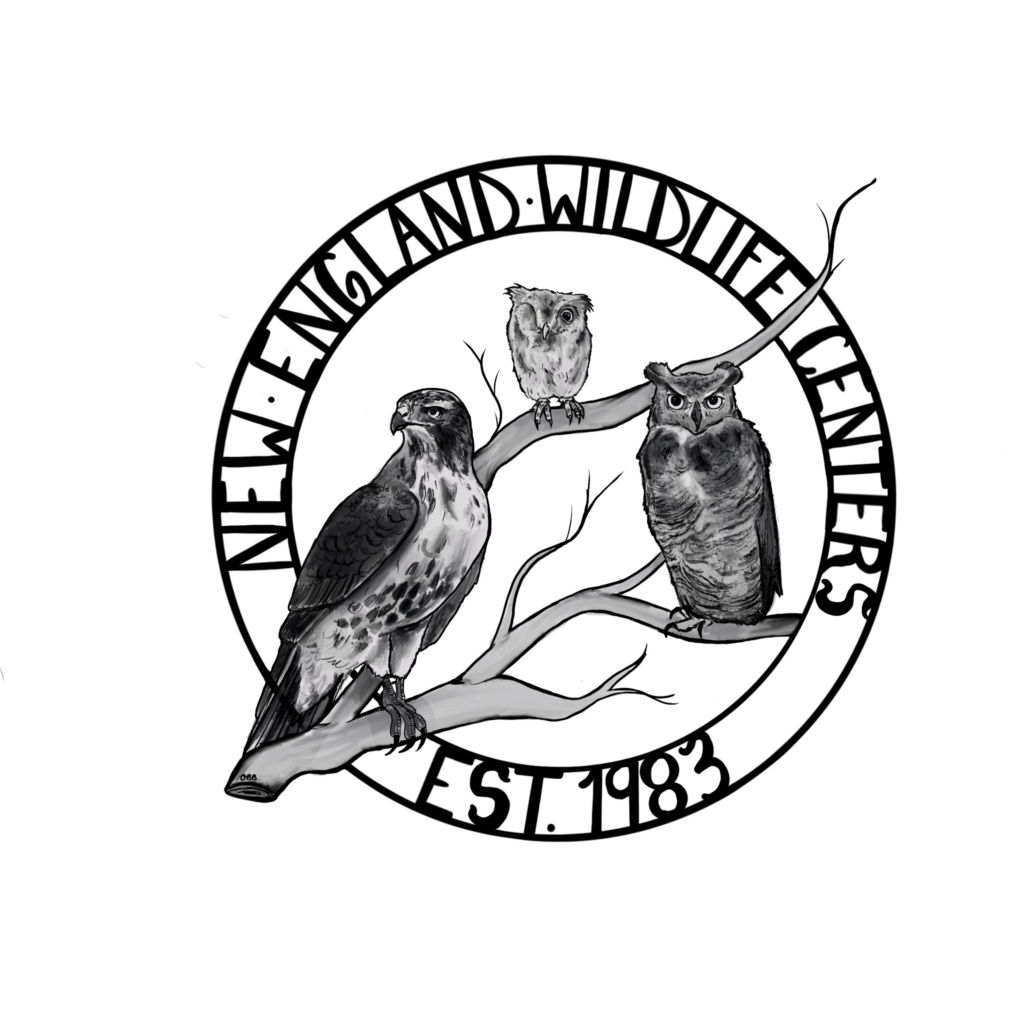Rodenticide is the commercial name for rat poison, and it is an issue that we have to deal with fairly commonly here at NEWC. Interestingly enough however, we almost never treat rats that have ingested rat poison. Hawks are by far the most common animals that we treat suffering from rodenticide toxicity. This is due to the fact that rats tend to hide themselves very well, so those that do get poisoned rarely reach us, and due to rats being a common food item for many species of hawk. The hawks will eat the rats that have just ingested the poison, and it will transfer into their system through the digestive process.
The reason this type of poison works so well on rats is that rats are very good at telling when they are eating something dangerous. They will eat small amounts of a certain type of food and then wait to see if it makes them sick before continuing. Rat poison is odorless, tasteless, and generally takes over a week to start affecting the rat, meaning they never have a chance to associate its effects with the food they ingested, and they will not stop eating the poison.
Rat poison works by preventing the production of vitamin K, which is necessary for the creation of essential blood-clotting factors (primarily prothrombin and proconvertin). The toxin also causes damage to the capillary system (small blood vessels) which causes internal bleeding. The combination of wide-spread internal bleeding and a lack of clotting factors to stop it usually leads to death after a few weeks.
Treatment for rat poisoning is fairly straightforward, although it is very important to correctly identify the issue early and begin treatment as soon as possible. The most effective solution is to give daily doses of injected vitamin K, which we keep on hand in our hospital. The poison works by preventing the creation of vitamin K, so by providing a daily dose of it we completely negate its effects. Rodenticide usually takes about two weeks to leave the body naturally, and so two weeks of vitamin K therapy is generally enough to ensure our patients will recover well.


